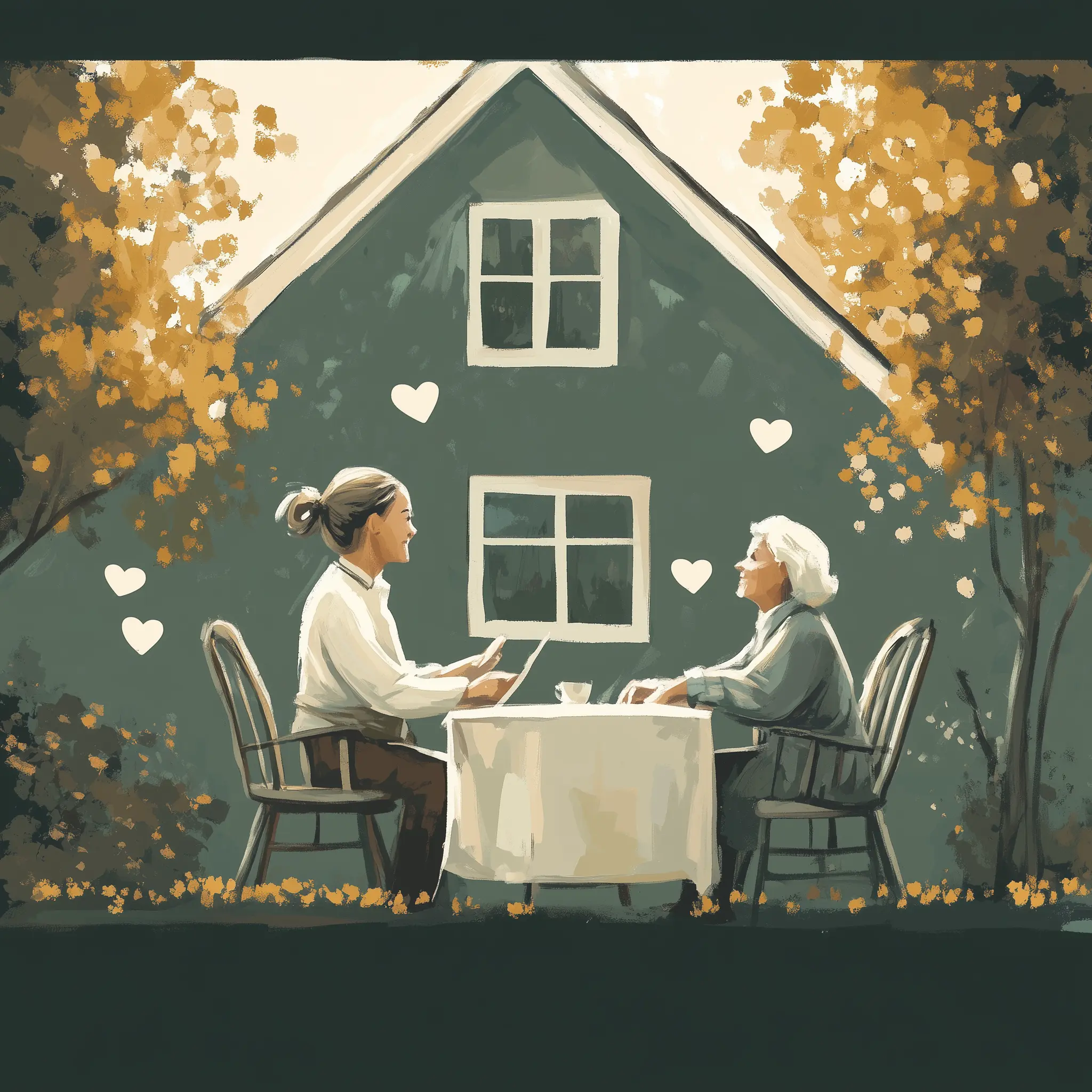
Pneumonia In The Elderly Guide
- Published on
- Authors

- Author
- HP Homecare
Pneumonia in older individuals is not only common but can also be particularly severe, warranting a deeper understanding and a cautious approach towards its management. With age, the immune system weakens, making the elderly more susceptible to infections like pneumonia, which can lead catastrophic complications if not promptly and effectively addressed.
Recognising Pneumonia Symptoms in the Elderly
Often harder to recognise than in younger adults, the symptoms of pneumonia in the elderly can sometimes be subtle or masked by other health issues. The classic symptoms—cough, fever, and breathing difficulty—may not always present typically. Instead, one might notice confusion or disorientation, a slight cough, or even a reduction in body temperature. Early detection plays a crucial role in effective treatment, thus knowing these signs is imperative.
Preventing Pneumonia in Older Adults
Prevention is always better than cure, especially in vulnerable populations. Here are some steps carers and older adults themselves can adopt:
- Vaccinations: Regular immunisations against pneumococcal disease and influenza can drastically reduce the risk.
- Hygiene: Frequent handwashing and maintaining general cleanliness can prevent the spread of germs.
- Healthy Lifestyle: A balanced diet and regular physical activity to boost the immune system.
- Environmental Control: Keep living areas well-ventilated and free from pollutants and smoke.
Implementing these can markedly diminish the incidence of pneumonia among the elderly.
Treatment Options for Senior Citizens with Pneumonia
When prevention fails, the focus shifts to treatment, which should be swift and tailored to individual needs:
- Antibiotics are typically employed if the pneumonia is bacterial.
- Antivirals may be necessary for cases caused by viruses.
- Supportive Care such as oxygen therapy and hydration is critical, especially in severe cases.
It’s crucial for treatments to be overseen by healthcare professionals who can adjust medications based on the response of the patient and the progression of the illness.
Understanding Risk Factors and Complications
Certain factors elevate the risk of developing pneumonia in the elderly:
- Chronic diseases like COPD or heart disease.
- Lifestyle habits such as smoking or a sedentary lifestyle.
- Recent surgeries or weakened swallowing ability, which can increase the risk of aspiration pneumonia.
Complications can be severe, ranging from respiratory failure to sepsis and even death, particularly if not treated aggressively and promptly.
The Role of Carers in Managing Pneumonia
Carers play a vital role in both prevention and the management of pneumonia. They not only help in implementing preventive measures but also in recognising early symptoms and ensuring adherence to treatment protocols. Their support is often critical in managing the health of elderly patients effectively.
Recognising signs early, taking preventive steps, and ensuring timely treatment can greatly affect outcomes for older individuals facing pneumonia. With the right strategies and support, the impact of this serious condition can be significantly mitigated.